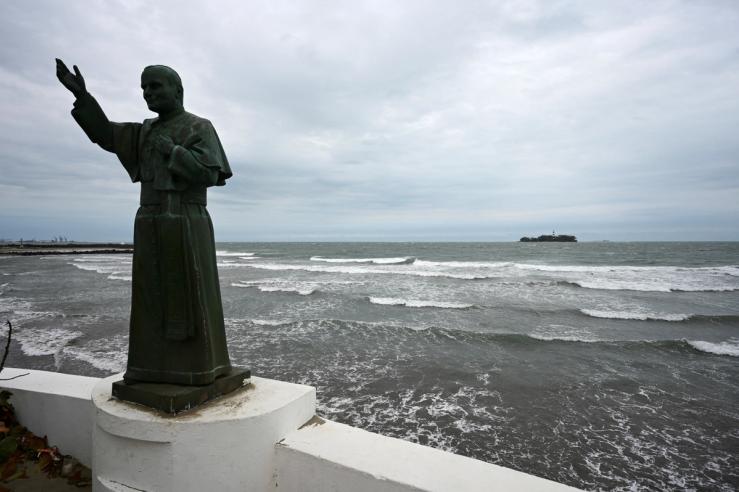The News
US President Donald Trump’s executive order to rename the Gulf of Mexico to the Gulf of America is already taking shape, with the Republican governors of Alabama and Mississippi referring to the waterbody by its proposed name. Meanwhile, some other Republican lawmakers are dismayed by Trump’s order to change the name of North America’s highest mountain, Denali, back to Mount McKinley, Politico reported.
The renaming of landmarks has long been deeply intertwined with geopolitics, and Trump’s proposals have already inspired politicians abroad.
A Russian politician said the Black Sea should be called the Russian Sea, citing how ancient Russian chronicles referred to it. “The idea of rethinking geographical names is gaining popularity in global practice,” he told a local outlet, “reflecting the desire of countries to emphasize their historical and cultural identity.”
SIGNALS
Can Trump unilaterally rename the Gulf of Mexico?
Not quite. Trump’s executive order directs his interior secretary to change the name of the gulf in official communications and maps. Trump’s allies in Congress are also reportedly seeking to pass a law to officially change the name and secure funding for the new maps. But that doesn’t mean other countries will have to call it the Gulf of America. “For us it is still the Gulf of Mexico, and for the entire world it is still the Gulf of Mexico,” Mexican President Claudia Sheinbaum said Tuesday. The International Hydrographic Organization is the global body responsible for charting the world’s seas and oceans; its own documentation does include instances where countries refer to landmarks by different names.
‘South China Sea’ names advance historical claims
Place names are often emblematic of local pride and ownership, and efforts to change them reflect geopolitical priorities. Countries around the South China Sea — which is the name adopted by European traders — have their own names that reflect the tensions surrounding who controls the crucial waterway. (The Philippines, for example, has referred to parts of it as the West Philippine Sea.) “These differing names… are not just semantic; they each advance a nationalist narrative and a historical claim,” a Singapore-based analyst wrote in The Diplomat last year. He argued it should be renamed the “Southeast Asian Sea,” which is more inclusive and doesn’t center China as the dominant player.
India, China engaged in border region naming conflict
China and India’s border conflict has also ballooned into a naming war. In 2023, Beijing issued official Chinese names for several places in an Indian state that China claims as part of its Tibet region. New Delhi rejected those claims, and in a tit-for-tat move, applied its own names to several locations in Tibet. The politically motivated decisions came amid India’s general election, during which Prime Minister Narendra Modi campaigned “on the strength of his strongman image,” and authorized the renaming “to live up to that image,” an expert said. Modi’s move, Tibetan Review wrote, is “part of a global campaign to offer a strong counter-narrative to Chinese claims.”



